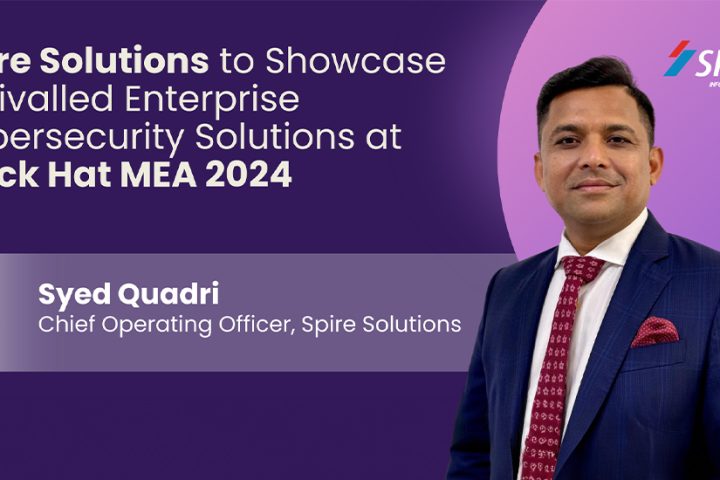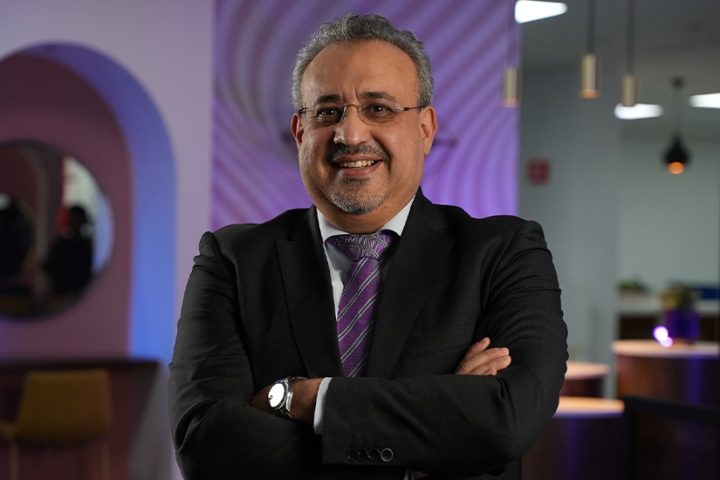Vodafone Group has agreed to a software licensing agreement with VMware that will enable it to access a range of the technology vendor’s products. As part of that agreement, VMware will be one of the vendors to support the operator’s global roll out of Network Functions Virtualization to accelerate its delivery of future products and services in a rapid, cost-efficient manner. Vodafone will deploy VMware vCloud NFV as part of its group-wide transformation program utilizing NFV and software defined networking technologies across applications and networks. Vodafone will also receive Carrier-Grade Support, a new VMware offering to support the implementation of new software.
“Reducing the time and cost to deploy and operate services, utilizing automation and convergence in standardized cloud environments for our network and IT businesses is a critical part of our technology and operational transformation strategy” said Fran Heeran, Vodafone Group’s Head of Network Virtualisation.
VMware vCloud NFV will provide Vodafone with an ETSI-compliant, modular, multi-tenant NFV platform that supports choice in virtual infrastructure managers. The vCloud NFV platform combines a highly available, carrier-grade NFV infrastructure with Day 2 operations management and service assurance capabilities. Customers such as Vodafone are able to roll out multiple applications on a common NFV infrastructure, rather than building new platforms for each innovative service. The VMware-based virtualized infrastructure including VMware vSphere and VMware NSX will also provide a common architecture spanning network and IT operations, further improving operational efficiencies and overall economics.
“Vodafone’s selection of VMware to support network transformation highlights how we are a proven, strategic software innovator that can help communications service providers successfully deliver new services faster while driving down costs,” said Shekar Ayyar, Executive VP and GM, Telco Group at VMware. “Our vCloud NFV platform is an agile and flexible virtualized infrastructure platform. Combined with Carrier-Grade Support, this will provide Vodafone with an open platform for new service development today, with an architecture that will support 5G deployments in the future.”














